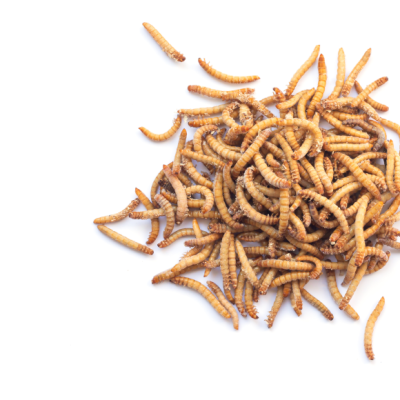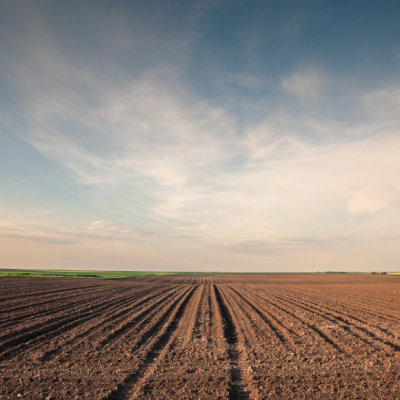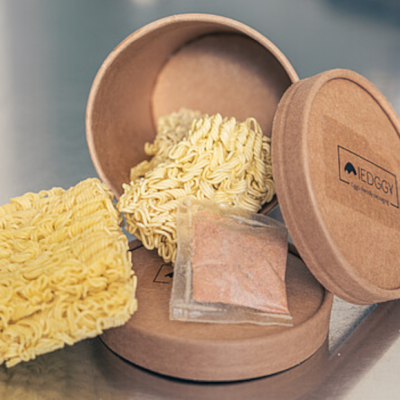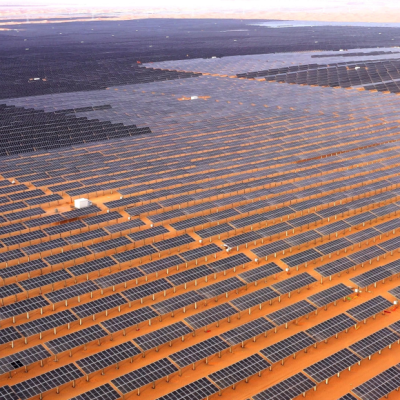Science Shop
Advertisement
Reduce German gas consumption with heat pumps.
- By Geert Devenster
- . June 15, 2023
Germany is heavily reliant on the combustion of fossil fuels to generate heat. However, the use of climate-neutral heat sources such as geothermal and solar

German start-up creates lab-grown fish
- By Geert Devenster
- . June 6, 2023
Berlin-based start-up Bluu Seafood, formerly known as Bluu Biosciences, has developed a stem cell technology that allows for the production of lab-grown fish in a

Tasty Meat Alternative: Mealworms
- By Geert Devenster
- . May 22, 2023
Insects have been touted as a sustainable protein source for the future, but many people are put off by the idea of eating bugs. However,

Deadly Toxins Released by Cigarette Filters
- By Geert Devenster
- . May 21, 2023
Plastic waste is a major environmental problem, with humans producing around 400 million tons of plastic waste annually. Unfortunately, plastic waste is not biodegradable and

Obesity speeds up climate change.
- By Geert Devenster
- . May 17, 2023
Obesity is not only a health issue but also an environmental one. According to a recent study by The Obesity Society, people who are overweight

Farming for Climate Change Solution
- By Geert Devenster
- . May 10, 2023
The Earth’s atmosphere currently has the highest concentration of CO? in a million years, according to data from the American Meteorological Society. However, natural rock

Rainforests store less CO2 due to water scarcity.
- By Geert Devenster
- . May 5, 2023
Tropical rainforests absorb significantly less CO? from the atmosphere during periods of water scarcity, a feedback effect that has not been accounted for in most

Edible packaging made from eggshells
- By Geert Devenster
- . May 4, 2023
Kopenhagen, the capital of Denmark, is planning to introduce a ban on combustion engine vehicles by 2030. This decision has been approved by all parties

China Builds Mega Renewable Energy Plant
- By Geert Devenster
- . April 29, 2023
China has taken a significant step towards achieving its goal of becoming carbon neutral by 2060 with the launch of a massive combined solar and

Climate Change Absorbs Earth’s Heat
- By Geert Devenster
- . April 19, 2023
In a world where plastic waste is a growing concern, a team of five students from the University of Hohenheim in Germany has developed an









